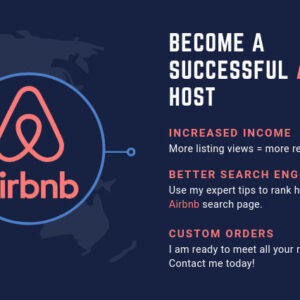Artificial Intelligence is no longer just a tool for automating repetitive tasks. It’s becoming a catalyst for human amplification—enhancing creativity, accelerating innovation, and expanding the boundaries of what individuals and teams can accomplish. This shift marks a profound transformation in how we interact with technology. Rather than replacing human effort, AI is now designed to elevate it—reshaping industries, reimagining workflows, and redefining potential. In this blog, we explore the evolution of AI from a taskmaster to a thought partner, and how this new synergy is unlocking possibilities once thought unreachable.
Automation: The First Wave
The early promise of AI centered around automation. From streamlining manufacturing lines to automating customer service with chatbots, AI was seen as a way to do more with less—faster, cheaper, and without human error. While this first wave brought efficiency and productivity, it often came with fears of job displacement and human redundancy.
However, that narrative is changing.
The Shift Toward Amplification
Today’s AI is not just about automating tasks—it’s about augmenting human strengths. AI is now a creative partner, a strategic advisor, and a learning companion. From writing assistants like ChatGPT to design tools like Midjourney, modern AI platforms are helping people work smarter, ideate faster, and solve problems more effectively.
In this new paradigm, AI takes over the repetitive and data-heavy parts of work, allowing humans to focus on innovation, judgment, and emotional nuance—the qualities machines can’t replicate.
Industries Embracing Human-AI Synergy
Healthcare: Doctors now use AI to assist with diagnostics, predict patient outcomes, and personalize treatment plans. Rather than replace physicians, AI empowers them with data-driven insights for better care.
Design and Creativity: Architects, artists, and marketers collaborate with AI tools to explore concepts and generate variations at speed. AI becomes an idea multiplier, not a creator in isolation.
Education: Adaptive learning platforms tailor lessons to student needs in real time, helping educators deliver more impactful teaching while spending less time on administrative tasks.
Business: Leaders across industries use AI for forecasting, decision support, and customer experience enhancement. In business strategy, AI reveals patterns and scenarios that would be impossible to analyze manually—amplifying the decision-making capabilities of leadership teams. For instance, K electric, a major energy utility, is leveraging AI to optimize power distribution, reduce energy losses, and enhance grid reliability—showcasing how AI is transforming legacy industries through smart solutions.
The Rise of Augmented Intelligence
Augmented intelligence is the philosophy that AI should enhance—not replace—human abilities. It underscores the concept of collaboration over competition. Humans bring empathy, creativity, and ethical reasoning. AI brings speed, memory, and pattern recognition.
Together, they form a powerful hybrid intelligence.
This concept is gaining traction across sectors. In finance, for example, analysts use AI to detect fraud or assess risk, but human intuition still drives final judgment. In customer service, AI handles initial queries, while human agents manage the nuanced conversations.
Emotional and Ethical Dimensions
Beyond logic and data, AI is entering the emotional realm. Tools like sentiment analysis engines and emotionally aware chatbots are enhancing how businesses engage with customers and employees.
However, this power comes with responsibility. Ethical AI design is crucial to prevent bias, protect privacy, and ensure transparency. As we build systems that amplify human capability, we must also embed human values into those systems.
Amplification without ethics can amplify inequality, misinformation, or harm. The key is intentional, responsible innovation.
Looking Ahead: A Future Built Together
The future of AI is not dystopian—it’s collaborative. As we shift from automation to amplification, the goal is not just productivity, but empowerment. AI will increasingly become an invisible partner, working alongside us to unlock new levels of creativity, insight, and connection.
This AI-human alliance will define the next chapter of progress—not just in technology, but in how we live, work, and grow.




